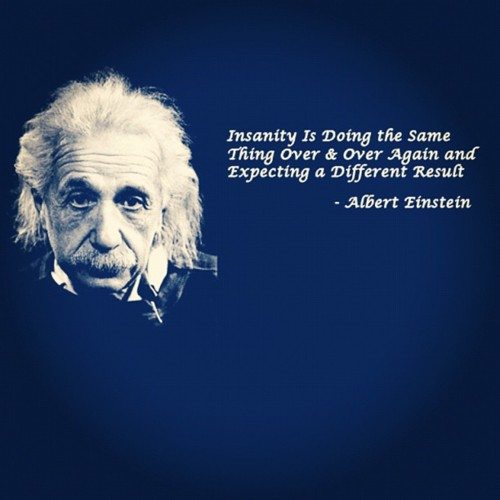Link to podcast to
follow
When
I was a student at university, finding a job proved to be quite the challenge.
The
main reason for that, of course, was the fact that Canterbury was a city of
sixty- thousand people, half of which were students looking for jobs.
Back
in the day, I thought it was a brilliant idea to print our a hundred CVs, put
them all in a backpack, walk around the city and apply to every single place in
sight.
I
had been doing that for about a week (without any luck) when I one day decided
to take a break, lie under a tree and review my CV.
It
was then when my heart started sinking, my eyes started watering and my hands
started shaking.
For
the next ten or twenty minutes, to those walking past me, I must have looked as
stressed as a turkey did before a Thanksgiving dinner.
Regardless
of how long and hard I stared at the CV, however, I couldn’t go back in time
and amend all those CVs that I handed out so that they could reflect my CORRECT
mobile number.
Thankfully,
I decided to let bygones be bygones and move forward to a brighter tomorrow;
hopefully, one where I’d pay more attention to detail when it came to drafting
my CV.
Believe
it or not, there is a rhyme and reason to my sharing the above anecdote with
you and, surprisingly enough, it has little to do with anything that you might
possibly be thinking of right now.
In
the light of the above, do have a think about the following:
If
I had made such a stupendously horrific mistake on my CV, can you honestly
imagine the sheer amount of mistakes that I would have made, had I submitted a
job application form via an app on my mobile?
Well,
it would seem that we might have to get used to it pretty fast, pretty soon;
that’s right, employers have started using mobile job application forms which
you can access and fill in through a downloadable app.
Here,
see for yourself:
In
my view, the above presents a couple of hundred thousand issues that need to be
addressed; thankfully, as this is a blog entry and not a research paper, I
shall only address several of those.
Typos
We
all secretly despise AutoCorrect as we are all fully aware of what it’s capable
of.
It
can easily turn an application form for a ‘LITIGATION EXECUTIVE’ in one for
‘LETTERMAN EXECUTOR’.
Touchscreen
Regardless
of whether you’re using a QUERTY keyboard or an IPhone, typing up a two-
hundred word answer to a question on an application form can be quite the
challenge.
Go
ahead, try it; I dare you.
Training
Graduates
are currently taught how to access, fill in and submit online application forms
successfully and in a way in which they would at least get a rejection back.
Will
universities be able to react promptly to the apparently fast- changing trends?
In
the end of the day, the idea doesn’t seem half bad; in fact, the whole process
can save both employers and jobseekers quite a lot of time.
Moreover,
it’d surely mean a significant increase of the ever- so- hilarious AutoCorrect
mishaps; am certainly looking forward to that!












